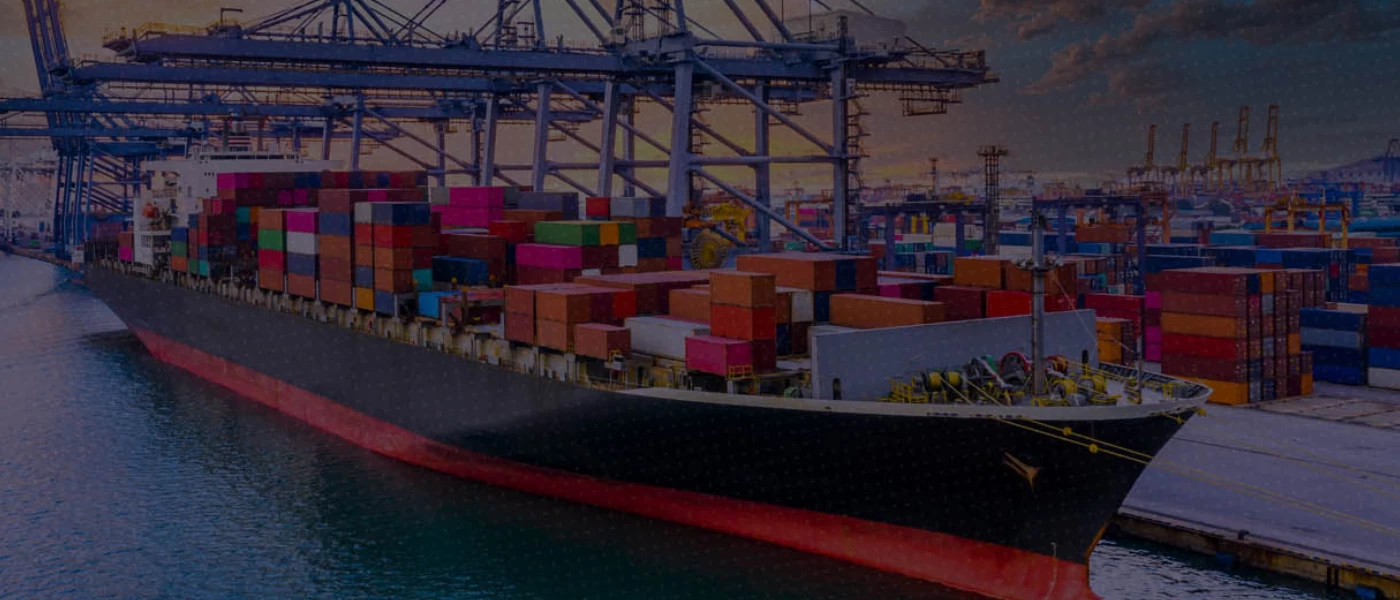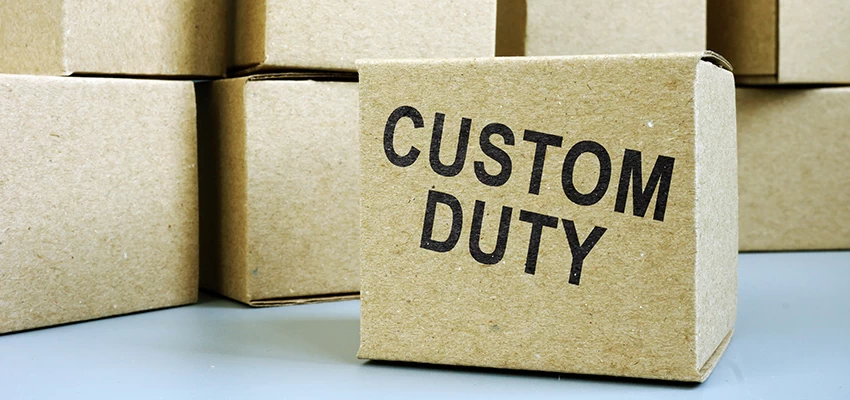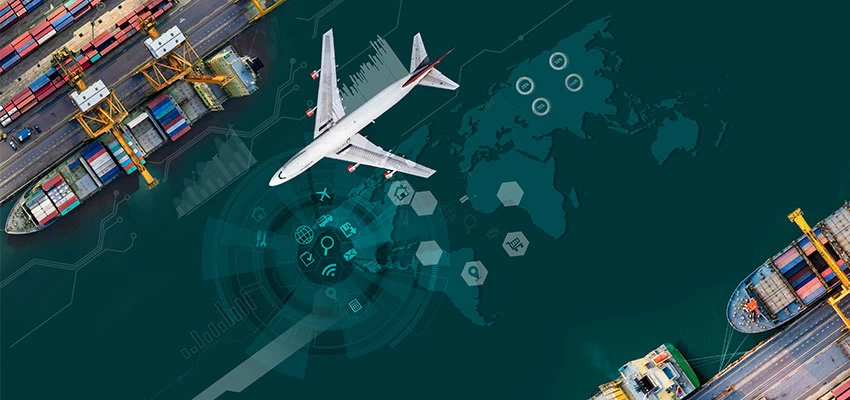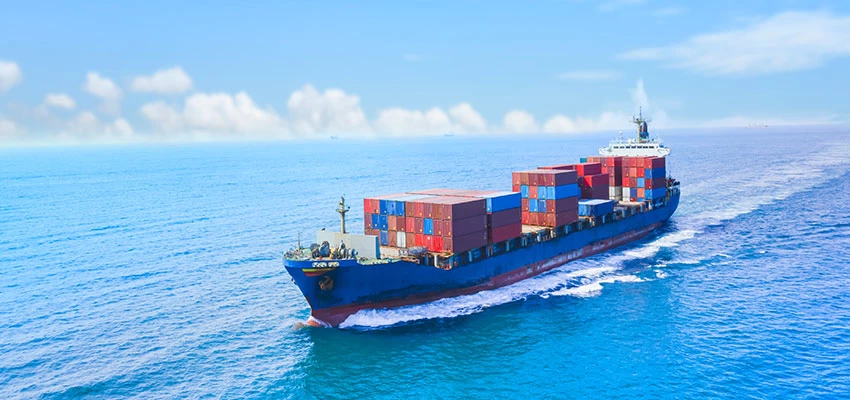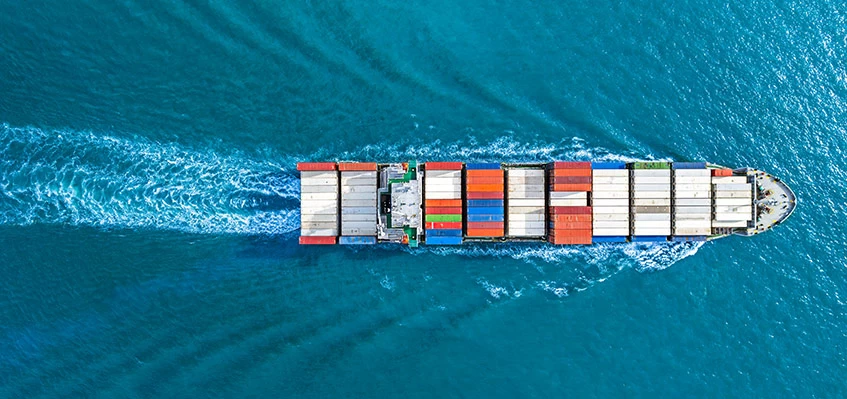Introduction
Countervailing Duty (‘CVD’) investigations are conducted to determine the existence of a subsidy which causes material injury to the domestic industry. In simple terms, ‘subsidy’ is a grant, whether monetary or non-monetary, provided by a government to enterprises within its jurisdiction. The outcome of a CVD investigation is the imposition or otherwise of a countervailing duty on imports of subject goods into a country. It is imposed to offset any subsidies granted by a government to its exporters, the effect of which is to economically injure the domestic producers in the importing country.
As per the WTO’s Agreement on Subsidies and Countervailing Measures (‘ASCM’), not all subsidies provided by a government are ‘countervailable’. In other words, the effect of only those subsidies which satisfy certain conditions can be offset by imposing a CVD. The following are the basic requirements under Article 1 of the ASCM for a subsidy to be countervailable:
- There must be a financial contribution
- Such financial contribution shall be provided by a government or a public body
- A benefit is conferred because of such financial contribution
- The subsidy is specific to an enterprise, group of enterprises or region.
A subsidy which does not fulfill all the aforesaid conditions cannot be offset by imposition of CVD. Rule 2 of the Customs Tariff (Identification, Assessment and Collection of Countervailing Duty on Subsidized Articles and for Determination of Injury) Rules, 1995 (‘CVD Rules’) provides to the same effect.
A subsidy can be directly provided by the government, for instance, a cash transfer to an enterprise is a form of direct subsidy. Subsidies can also be provided indirectly, for instance, when the government directs a private bank to provide loans at lower rate of interest to certain industry sectors. Both types of subsidies can be countervailed by imposition of a CVD. In this regard, the provisions relating to ‘financial contribution’ inter alia provide that it may take the form of payments to a funding mechanism, or ‘entrustment’ or ‘direction’ by the government to a private body to carry out the enumerated functions.
This article will discuss whether a government action in the form of an export restraint on the export of a product result in a subsidy? Let’s take an example. A government imposes an export tax on export of a commodity the effect of which is to discourage its export from the country by making it internationally uncompetitive. This action may result in increasing the domestic supply of the restrained commodity which in turn may benefit the domestic producers of downstream products. Can it be said that the downstream product is indirectly subsidized by the government?
The WTO’s dispute settlement bodies have examined this aspect in some of its reports. The trade remedy authorities in different jurisdictions have also rendered some decisions on these aspects. The approach has been strict to liberal interpretation of provisions which this article discusses in below paragraphs.
Decision of the WTO Panel in United States - Measures treating export restraints as subsidies[1]
This decision of the WTO panel is the first about countervailability of export restraints. WTO consultations were initiated on a complaint filed by Canada against the US measures that treated export restraints as a subsidy. USA was of the view that the terms ‘entrust’ or ‘direct’ used in Article 1 of the ASCM ought to be interpreted by applying the ‘effects’ approach. As per the ‘effects’ approach, the ‘effect’ of an export restraint is to be considered to see if there is ‘entrustment’ or ‘direction’ by the government in providing the alleged subsidy. As per US, since export restraints increased the domestic supply of restrained product, thereby reducing its prices domestically, the element of ‘entrustment’ or ‘direction’ by the government was present.
The WTO panel took a strict textual interpretation and held as follows:
- The ordinary meaning of ‘entrust’ and ‘direct’ is an action of the government which must contain an express delegation (in the case of entrustment) or an express command (in the case of direction)
- That apart, the act of entrusting and directing should be addressed to a particular party and the object of it is to induce a particular task or duty.
- Entrustment or direction is different from a mere government intervention in the market which may or may not have a particular effect or result based on the given factual circumstances and the exercise of free choice by the actors in that market.
- The existence of a financial contribution by a government must be proven by reference to the action of the government and not based on reaction to that measure.
It is clear that the WTO panel took a strict approach towards interpretation of the terms ‘entrust’ and ‘direct’. The essence of WTO panel’s decision is that a mere imposition of ‘export restraint’ should not be regarded as a countervailable subsidy. In effect, it is the government’s ‘action’ and not a mere ‘reaction’ to an export restraint which results in a countervailable subsidy.
Decision of the WTO Appellate Body in the United States- Countervailing duty investigation on dynamic random-access memory semiconductors (‘DRAMS’) from Korea[2]
The issue in question in this case was whether the Government of Korea had ‘entrusted’ or ‘directed’ financial institutions to provide financial support to the exporter in Korea. In the said case the USDOC had found that the Government of Korea pursued a policy of preventing the financial collapse of the exporter. However, the WTO panel followed its earlier decision cited above to hold that in the absence of an express ‘delegation’ or ‘command’, there was no subsidy.
The WTO appellate body differed from the WTO panel’s interpretation in this case. The appellate body held that interpretation of the terms ‘entrust’ as ‘delegate’ and ‘direct’ as ‘command’ was too narrow. The appellate body adopted a liberal approach towards interpretation of these terms and reduced the threshold set by previous panel rulings. It held as follows:
- There may be other means by which governments can give responsibility to or exercise authority over a private body that may not fall within the ordinary meaning of ‘delegation’ and ‘command’.
- Entrustment or direction requires that the government give ‘responsibility’ to a private body or exercise its ‘authority’ over a private body in order to effectuate a financial contribution.
- The intent of the ASCM is to ensure that governments do not breach their obligations under the WTO by using private bodies to take actions that would otherwise fall within the ambit of subsidies. In other words, the provision on ‘entrustment’ or ‘direction’ to private body, in essence, is an anti-circumvention provision.
- To show that there is ‘entrustment’ or ‘direction’ there must be a ‘demonstrable link’
In effect, WTO's appellate body reduced the threshold laid earlier by panel rulings to show the existence of ‘entrustment’ or ‘direction’ in a government action. The appellate body’s view was based on the reasoning that ‘entrustment’ or ‘direction’ by the government to a private body as subsidy is an anti-circumvention measure and should be interpreted in a liberal manner. If it was not interpreted liberally, it may allow governments to breach their obligations under ASCM by providing indirect subsidies.
While the appellate body did not provide a specific definition for ‘entrustment’ or ‘direction’ like the WTO panels, the essence of the ruling is that ‘entrustment’ or ‘direction’ can be in any manner and that the examination is fact specific.
It is also relevant to understand how the trade authorities in various jurisdictions have dealt with this issue.
- USA
In USA, the US Department of Commerce (‘USDOC’) in a countervailing duty investigation on biodiesel from Argentina[3] applied the decision of WTO appellate body in DRAMS case and concluded that there was a countervailable subsidy provided to Argentinian biodiesel producers since the export taxes on soybeans has resulted in supply of soybeans in the domestic market at less than adequate remuneration. It was held as follows:
- Through imposition of export taxes, the soybeans were supplied at less than adequate remuneration to the biodiesel producers. Therefore, the Government of Argentina entrusted or directed the private producers to supply soybeans at less than adequate remuneration.
- If it was not held so, it would lead to permitting indirect provision of a subsidy which injures the US biodiesel industry.
- If there is no direct legislation by Argentina to prove entrustment or direction to private parties, the ‘circumstantial information’ can be relied on to prove the same.
- The test of ‘demonstrable link’ was applied as laid by the WTO appellate body in DRAMS.
Similar view was taken by the USDOC in imposing CVD on biodiesel from Indonesia on account of export taxes imposed by Indonesia on palm oil feedstock[4].
- European Union
The European Union, in separate CVD investigations on biodiesel from Argentina[5] and Indonesia[6], took a similar view and held that imposition of export tax on soybeans and crude palm oil, respectively, had resulted in supply of soybeans and crude palm oil in the domestic market at less than adequate remuneration which is countervailable. The European Union relied upon the decision of the WTO appellate body in DRAMS and applied the same principles while rendering the aforesaid decision.
- India
Recently, the Directorate General of Trade Remedies (‘DGTR’) investigated the countervailability of export taxes / levy on crude palm kernel oil (‘CPKO’) imposed by Indonesia and Malaysia on imports of saturated fatty alcohols[7]. The DGTR held that Indonesian/Malaysian Government used export restraints as a means or tool to provide CPKO at subsidized prices to downstream producers of fatty alcohols and that the provision of CPKO at less than adequate remuneration is countervailable. In arriving at the said decision, the DGTR applied the principles laid down by the WTO appellate body in DRAMS.
Conclusion
Are export restraint measures a countervailable subsidy? The answer to this question is not a simple yes or no. For any measure to be a countervailable subsidy, there must be a financial contribution by the government which can take the forms of ‘entrustment’ or ‘direction’ to private parties. The latest WTO jurisprudence suggests imparting a liberal meaning to the said terms. If the Authorities in a particular case are able to establish that the effect of export restraints (such as export taxes / levies) imposed by the government is to induce the private raw material suppliers to supply the raw material at reduced prices in the domestic market as compared to international prices, it may amount to a countervailable subsidy in the hands of downstream producers. In other words, a demonstrable link has to be established.
The WTO appellate body in DRAMS case also held that not all government actions necessarily amount to an entrustment or direction. In the context of export restraints, it will be interesting to see how the future WTO jurisprudence develops on the legal standard of ‘responsibility’ or ‘authority’ laid down in the appellate body report.
[The author is Senior Associate in WTO and International Trade Division in Lakshmikumaran & Sridharan Attorneys, New Delhi]
- [1] WT/DS194/R- United States - Measures treating exports restraints as subsidies, panel report dated 29 June 2001.
- [2] WT/DS296/AB/R United States – Countervailing duty investigation on dynamic random-access memory semiconductors (DRAMS) from Korea, Appellate Body report dated 27th June 2005
- [3] Issues and Decision Memorandum dated 06th November 2017 for the Final Determination in the Countervailing Duty Investigation of Biodiesel from the Republic of Argentina
- [4] Issues and Decision Memorandum dated 06th November 2017 for the Final Determination in the Countervailing Duty Investigation of Biodiesel from the Republic of Indonesia
- [5] Commission Implementing Regulation (EU) 2019/244 of 11 February 2019 imposing a definitive countervailing duty on imports of biodiesel originating in Argentina
- [6] Commission Implementing Regulation (EU) 2019/2092 of 28 November 2019 imposing a definitive countervailing duty on imports of biodiesel originating in Indonesia
- [7] Final Findings dated 7th February 2023 in Anti- subsidy investigation concerning imports of Saturated Fatty Alcohol from Indonesia, Malaysia, and Thailand.







